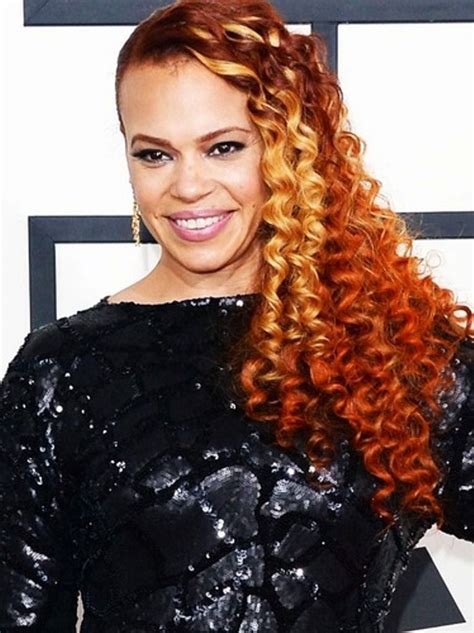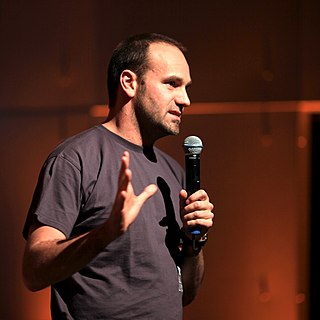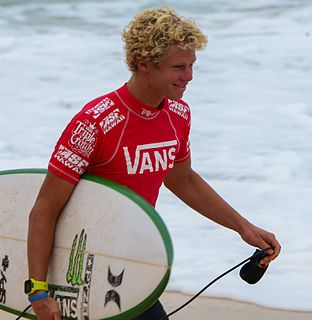A Quote by Andy Grove
By the late '90s, those who were paying attention perceived the Internet as a 20-foot tidal wave coming, and we are all in kayaks.
Related Quotes
When the 2010 election swept Republicans into office in a massive tidal wave, they were part of a philosophical and ideological change. They were bound by a set of limited-government principles. To be sure, sometimes loosely and imperfectly so, but the Tea Party wave was driven by ideas, not a singular, authoritarian personality.
What I saw quite clearly in the '80s, before the internet, was that the whole world was shifting toward digital formats, and that didn't matter whether it's movies or writing or whatever. It was something that was coming. And with the invention of the World Wide Web in the early '90s, when we were teaching our first courses, or the arrival of the internet by way of the browser, which opened up the internet to everybody - soon it was just revolutionary.
Comics are reflective of what's going on in larger culture. Wonder Woman came to be in her position when women were first entering the workplace in numbers during the war. Then Wonder Woman had another rise in the '70s when Gloria Steinem latched on to her as an icon for the [feminist] movement. I think we're seeing another wave of feminism today, a fourth wave characterized by intersectionality and the internet. And I think it falls right in line that we would see another wave of superheroines coming to the fore.
[The internet has] already had a huge impact in the sports world, and the play-by-play guys that are not paying attention to it are losing out. They're losing out on getting the real pulse of a game that they're covering. My point with blogs and with podcasts is that it can't be the basis of your prep work, there has to be much more. We understand that. But, it has to be at least a part of what you're doing. If you're not paying attention to it, then you're not seeing the full picture.



































